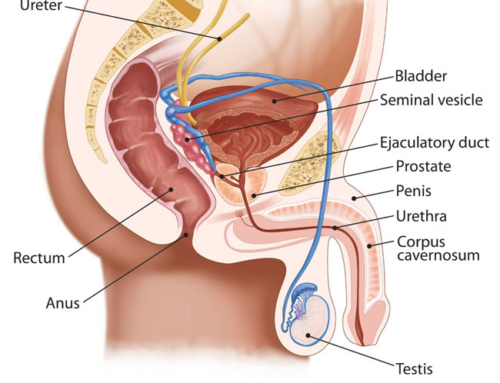There are certain risk factors you should consider discussing with your doctor, especially if you have a family history of any of these diseases or disorders.
Diseases That Contribute to ED
There are certain diseases that can cause erectile dysfunction. In fact, the sudden onset of erectile dysfunction may be an early indicator of one of these diseases. Even if the onset of erectile dysfunction happens gradually, it’s important to verify with your doctor that a serious illness isn’t the cause.
Some serious medical conditions that can cause erectile dysfunction include heart disease, diabetes, hypertension, depression, clogged blood vessels, metabolic syndrome, Parkinson’s disease, Peyronie’s disease, high cholesterol and multiple sclerosis.
Changeable Risk Factors
While most diseases aren’t considered risk factors that you can change, there are certain risk factors you can influence through lifestyle changes that will decrease your chance of erectile dysfunction.
Alcohol and Drugs: Avoid drugs and alcohol consumption, especially in excess. These indulges have been clinically shown to hinder the nervous system and reduce testosterone levels.
Obesity: Are you carrying around a few extra pounds? If so, they may be contributing your ED symptoms. Adapt a healthy eating plan and regular exercise to keep your blood flow healthy and your weight in the healthy range.
Too Much Biking: There is some truth to this old wives’ tale. Spending too much time on a bicycle can stem the flow of blood to the penis and constrict the nerves in the pelvic area that triggers the rapid flow of blood that causes erections. Biking for long periods usually causes temporary ED, but the effects can be long term in some cases.
Pinpointing the exact cause of your erectile dysfunction will require a trip to the doctor. Your family doctor or a urologist will have the resources to provide solutions for your specific needs.



